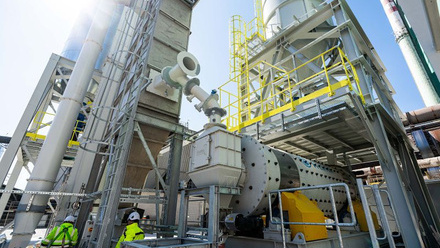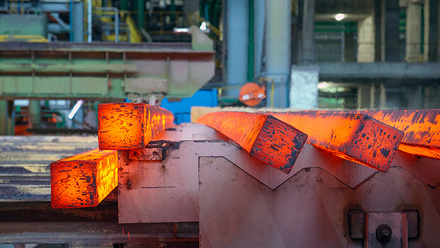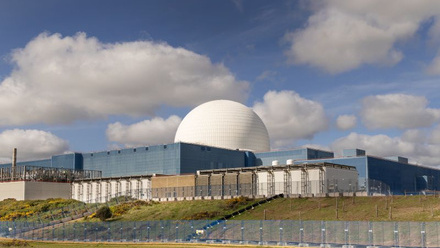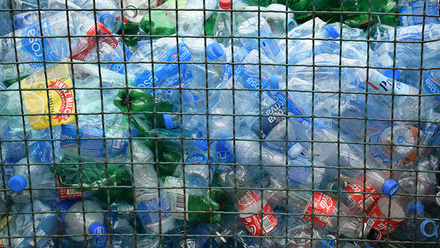Synthetic fuel takes flight
The Royal Air Force (RAF) and Zero Petroleum have conducted the first successful flight using only synthetic fuel.
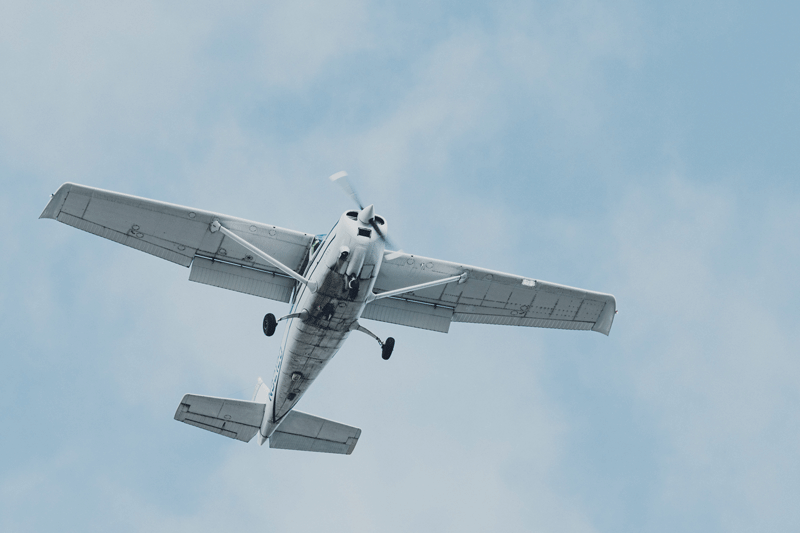
An Ikarus C42 microlight aircraft flown by Group Captain Peter Hackett, completed a short flight powered by synthetic gasoline at Cotswold Airport.
Zero Petroleum’s synthetic UL91 fuel is manufactured by extracting hydrogen from water and carbon from atmospheric carbon dioxide. Using energy generated from renewable sources like wind or solar, these are combined to create the synthetic fuel.
This innovation is part of the RAF’s Project MARTIN and has the potential to save 80-90% of carbon per flight, supporting the RAF’s vision that synthetic fuels will have a major role in powering the fast jets of the future.
Minister for Defence Procurement, Jeremy Quin says, ‘This is a world first ‘innovation’. It shows the determination of UK Armed Forces to drive forward creative ideas on Net Zero alongside meeting operational commitments.
‘While green technologies like electric and hydrogen power generation are viable for many RAF platforms, high-performance aircraft require a liquid fuel alternative, like the UL91, to maintain operational capabilities.
‘This is the first innovation of many, with a range of research and development activities underway to consider the viability of synthetic fuels without compromising aircraft performance.’
Paddy Lowe, CEO Zero Petroleum says, ‘This unique project with the Royal Air Force demonstrates the validity of our synthetic fuel and the potential it has to eliminate fossil CO2 emissions from a number of difficult but critical sectors, including transport which currently accounts for 23% of the global total.
‘We are particularly proud of the fact that our high-grade aviation gasoline ZERO SynAvGas was developed in just five months and ran successfully in the aircraft as a whole-blend without any modification whatsoever to the aircraft or the engine. The engine manufacturer Rotax’s measurements and the test pilot’s observations showed no difference in power or general performance compared to standard fossil fuel.’
Working towards the Government’s Net Zero by 2050 goal, the RAF plans for their first Net Zero airbase by 2025, and goal of a Net Zero force by 2040.


